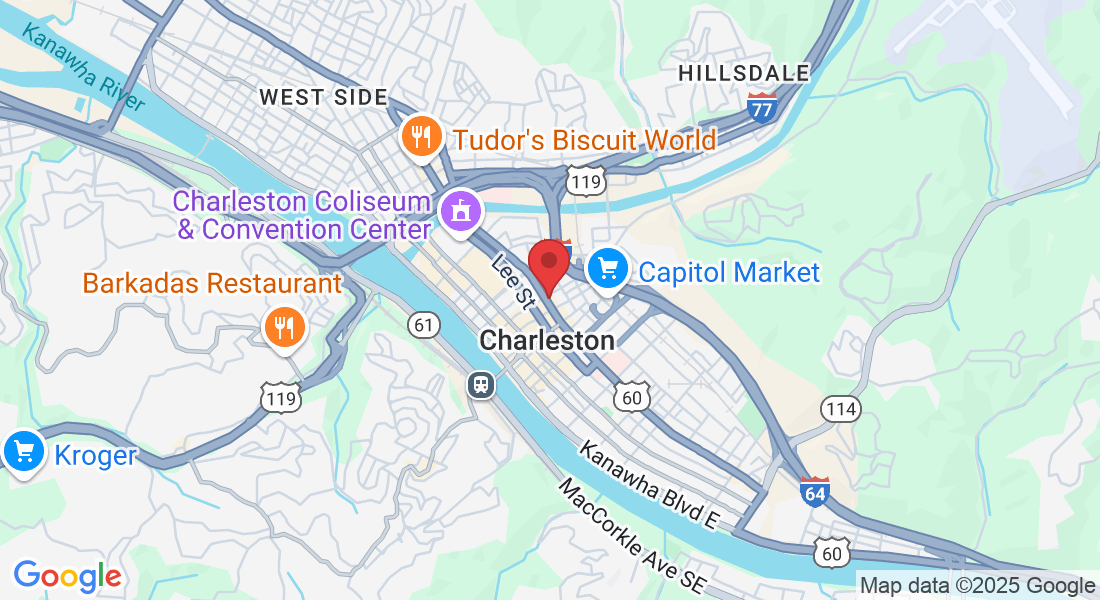Blog

How Do You Resolve A Case When A Protective Order Is In Place?
Today we're going to be talking about how you go about trying to resolve a case when a protective order is in place.
This is a question that comes up from time to time. One thing that is always beneficial to do when possible is to try to resolve the case out of court. However, to be able to resolve the case outside of court there has to be a way in which both of the spouses can communicate with each other. One thing you cannot do, whether indirectly or directly whenever a protective order is in place is you're not allowed to communicate with the other person. Now, one way that you can sometimes get around that is if one or both of you happen to have an attorney. In many divorce cases, people have communications with each other through their attorneys. If both of you have attorneys, the way it works is you are communicating directly with your attorney and your spouse is communicating with their attorney. Then the two attorneys will communicate with each other. Sometimes a lot can be resolved in that sense. It's a little bit different though whenever somebody has filed a protective order against each other. So for example, if you have filed a protective order against your spouse, then the spouse cannot legally communicate with you because if the spouse has any kind of direct or indirect contact with you, then they are going to be subject to prosecution. It is a misdemeanor in West Virginia to violate a protective order. So it's a big deal that you cannot communicate with your spouse whenever there is a protective order in place. The only solution that you have is to try to go through an attorney, because if you try to go through a third party that can potentially mean that the protective order is going to be violated.
I've had judges find that indirect contact, speaking through an intermediary of some sort, other than an attorney, can sometimes qualify as a violation of the protective order. Now, one thing that you can do though, is you can go to court and present your case. Oftentimes protective orders are filed right at the beginning of the divorce process. We have other videos where we go into detail about what domestic violence protective orders are. So if you want to catch up on that, I covered that in a different video. However, one thing that you can do is you can go to court and the first hearing is going to be the temporary hearing. At the temporary hearing, you can have the judge decide a lot of those issues. It's not a settlement, meaning it's not agreeing with the other person. However, at the same time, you can have some input from the judge.
The big thing you need to take from this video is if there's a protective order in place unless you have an attorney, I do not consider it safe to have any kind of indirect or direct content with your soon to be former spouse. That consists of today's topic. If you have any questions at all, feel free to give us a call at (304) 720 4412 or email us at chris@prittlaw.com

Address: 700 Washington Street, East Suite 204 Charleston, West Virginia 25301
Phone: (304) 720-4412
Email: chris@prittlaw.com
OFFICE HOURS
Monday-Friday: 8:30am – 5pm
Saturday & Sunday: Closed
Company Info
© Copyright 2025 | Chris Pritt Law, PLLC | Powered By Local Impact Agency
PRIVACY POLICY


